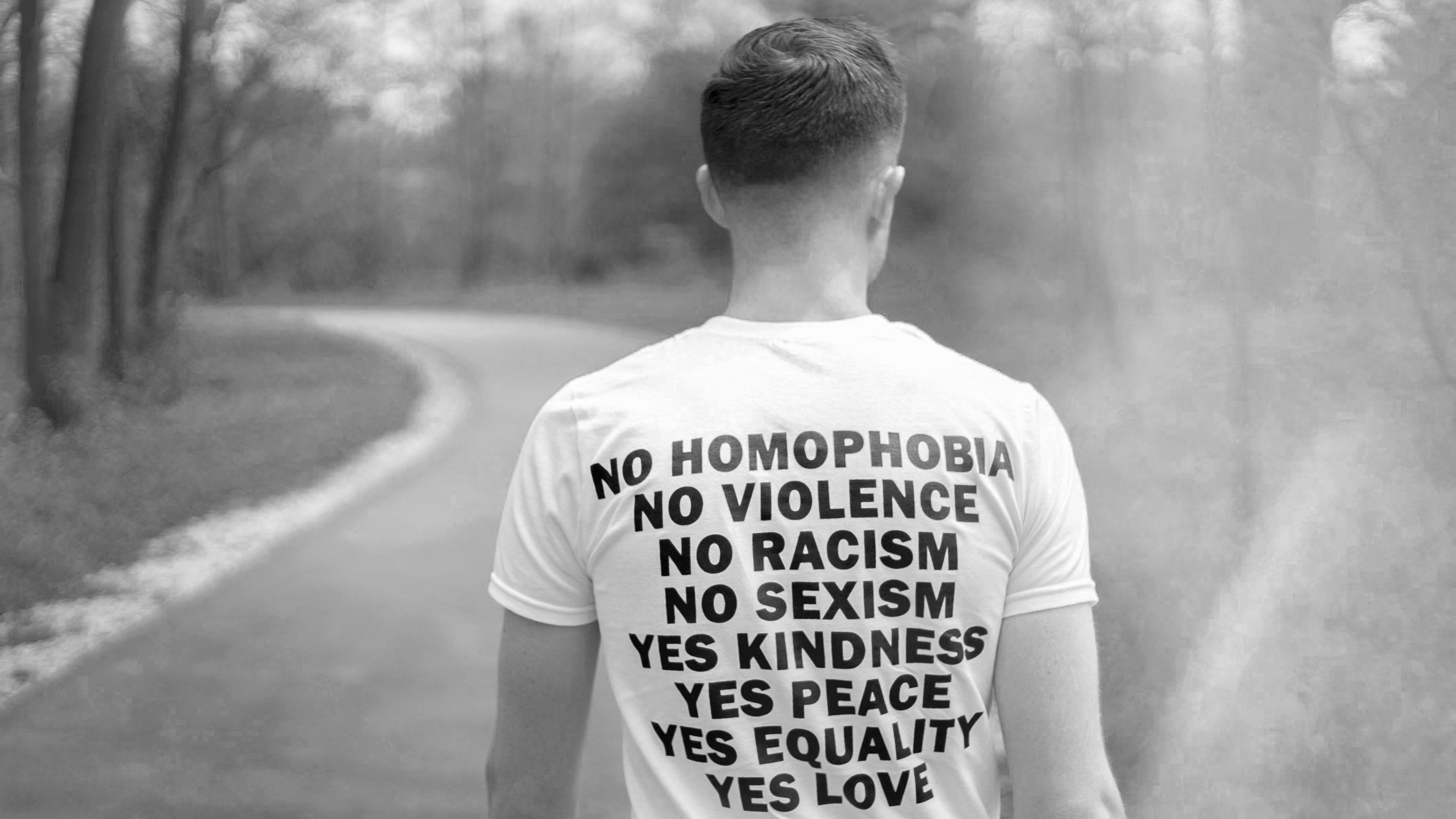Table of contents
On November 30, 2024, the anniversary of the designation of the “international LGBT movement” as an extremist organization, the Memorial Human Rights Center publishes a new study on discrimination and violence against LGBT people in Russia. The report “Homophobic Legal Policy in Russia and Its Consequences: Discrimination and Violence Against LGBT People” was prepared by independent researcher Sergey Katsuba from the School of Law at University College Dublin.
You can download the full version of the report here:
Homophobic Legislative Politics in Russia and Its Consequences: Systematic and Widespread Discrimination and Violence against LGBTQ People
Summary
In recent years, the Russian authorities have been waging a consistent campaign to restrict the rights of the LGBTQ community, fueling increased discrimination and violence against this social group. Two significant milestones in this campaign were the 2013 law banning so-called “gay propaganda” and the 2023 Supreme Court decision that designated the “International LGBTQ Movement” as extremist. The vague and broad language of these legal norms allows for arbitrary enforcement and complicates consistent legal regulation. Any neutral to positive expression related to LGBTQ, even in the slightest, can be considered “gay propaganda”, such as publication of dating profiles, wearing rainbow-colored clothing, conducting an interview with an openly gay person, etc. Between 2013 and 2023, the authorities initiated 312 “gay propaganda” cases, resulting in 158 individuals and organizations being punished. In 2023, the convictions skyrocketed: the number of fines increased 13-fold, totaling 26 million rubles (for comparison, fines during the entire 2013–2022 period amounted to just over 7 million rubles).
Homophobic laws not only restrict the rights of LGBTQ people, but they also impact society as a whole. Unlike many other repressive laws, anti-LGBTQ laws are especially dangerous because they serve as tools of scapegoating, discriminating against and marginalizing a clearly identifiable group. As a result, attitudes toward LGBTQ people become more negative. Each time a new homophobic law is passed, there is a surge in hate crimes against LGBTQ people. While there is no official statistics—since government agencies often classify these crimes as ordinary despite the obvious motive of hatred—independent analysis conducted for this Report shows a significant increase in such crimes.
By using case law databases, more than 1,200 offenses committed between 2010 and 2023 have been identified, along with two noticeable spikes in crime: one in 2014, following the enactment of the law banning "gay propaganda," and another in 2023, after the law was expanded in December 2022 and the decision to designate the LGBTQ community as extremist was handed down in November 2023. The statistics included robberies, murders, property destruction, and other crimes.
The aim of this Report is to show the damage that anti-LGBTQ legislative politics has caused to Russian society.
As used in this Report, damage refers to two aspects:
(1) Direct discrimination: Since the law itself is discriminatory, any instance of its enforcement constitutes direct discrimination. This includes fines and other penalties for “gay propaganda”.
(2) Indirect consequences (not directly related to the application of laws): This includes increased number of hate crimes against LGBTQ people throughout Russia. After the law was passed, such crimes tripled, and the database compiled for this research contains over 1,200 cases between 2010 and 2023.
This Report is divided into two parts: the first discusses direct discrimination—examining anti-LGBTQ laws and their enforcement, while the second looks at the indirect consequences—specifically the increase in hate crimes. Additionally, this Report contains suggestions for legal reforms that could improve the situation surrounding LGBTQ rights in Russia, along with recommendations for international community.
Relevance of the publication
Legislative initiatives targeting LGBTQ people have negative consequences for Russian society. These initiatives need to be analyzed and discussed so that in the future, these government practices can be reevaluated and condemned. After the decriminalization of male homosexuality in 1993, such a discussion did not take place, which is a reason why attitudes toward the LGBTQ community have not significantly changed. We hope that the data collected in this study will not only illustrate the discriminatory and damaging nature of anti-LGBTQ laws but also contribute to future changes.
Most of the cases described in this Report have not been covered by media and are only accessible through case law databases.
Please note that this is the second edition of the report — the dataset was refined in 2025, and some numerical indicators in section 2.2 have changed compared to the 2024 version.
Some Important Notes
The report is based on documents from open sources, including court decisions in “gay propaganda” cases and hate crimes. All materials used in this Report are published on the project's website and can be accessed at https://greyrainbow.dataout.org/. The anonymity of individuals and organizations has been preserved for their safety where possible.
***
This Report contains descriptions of violence that may be distressing to some readers.
